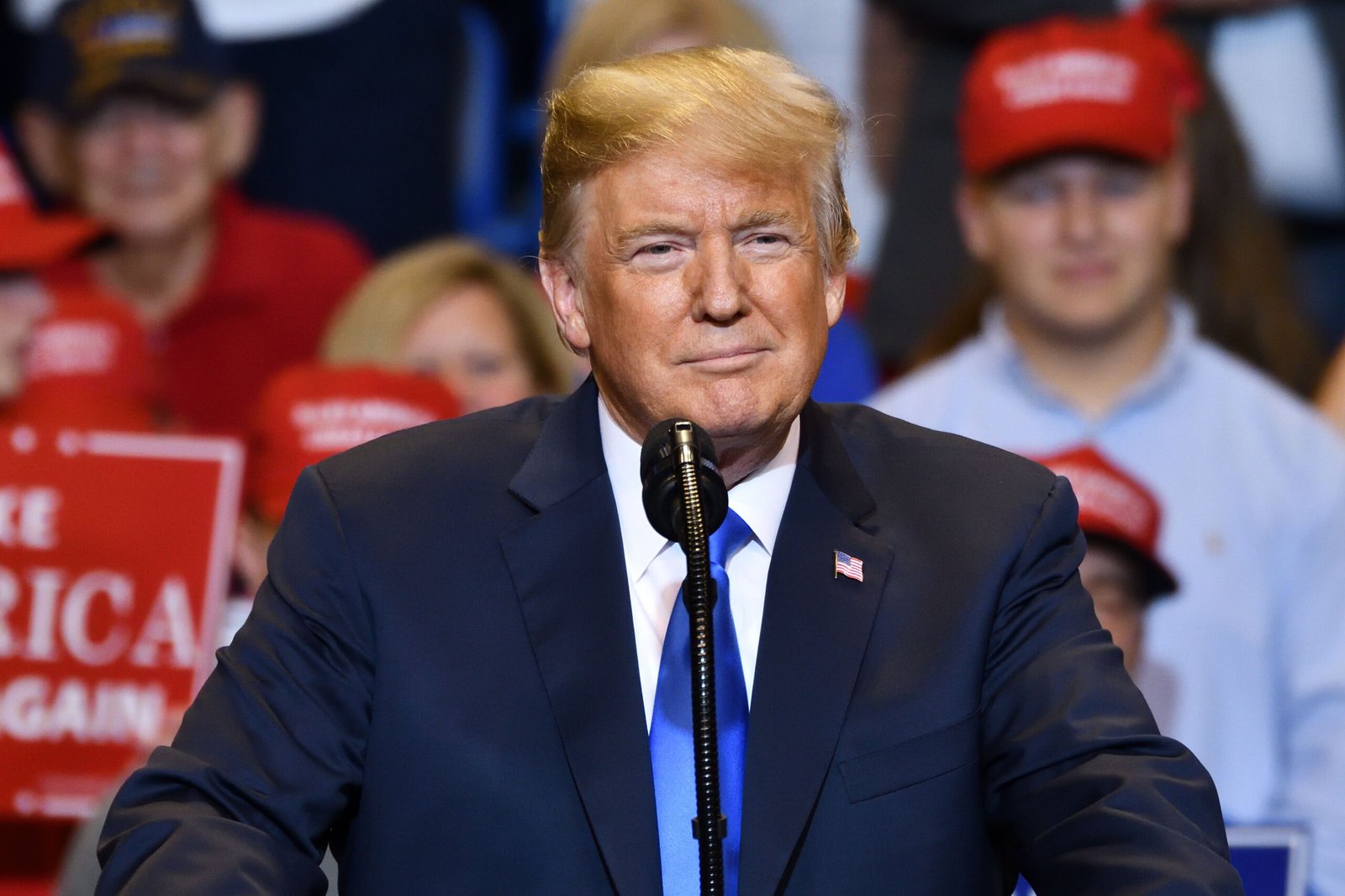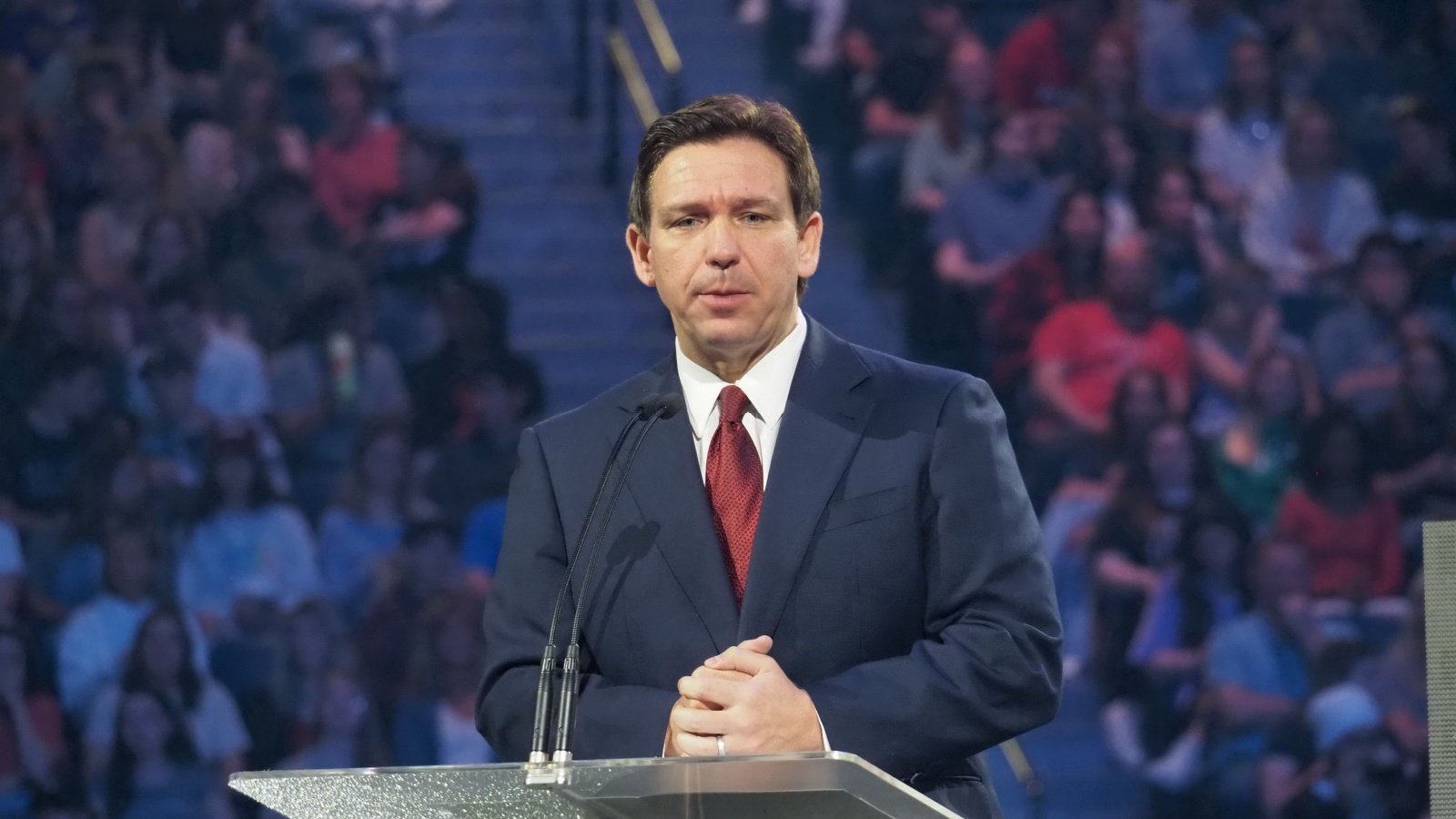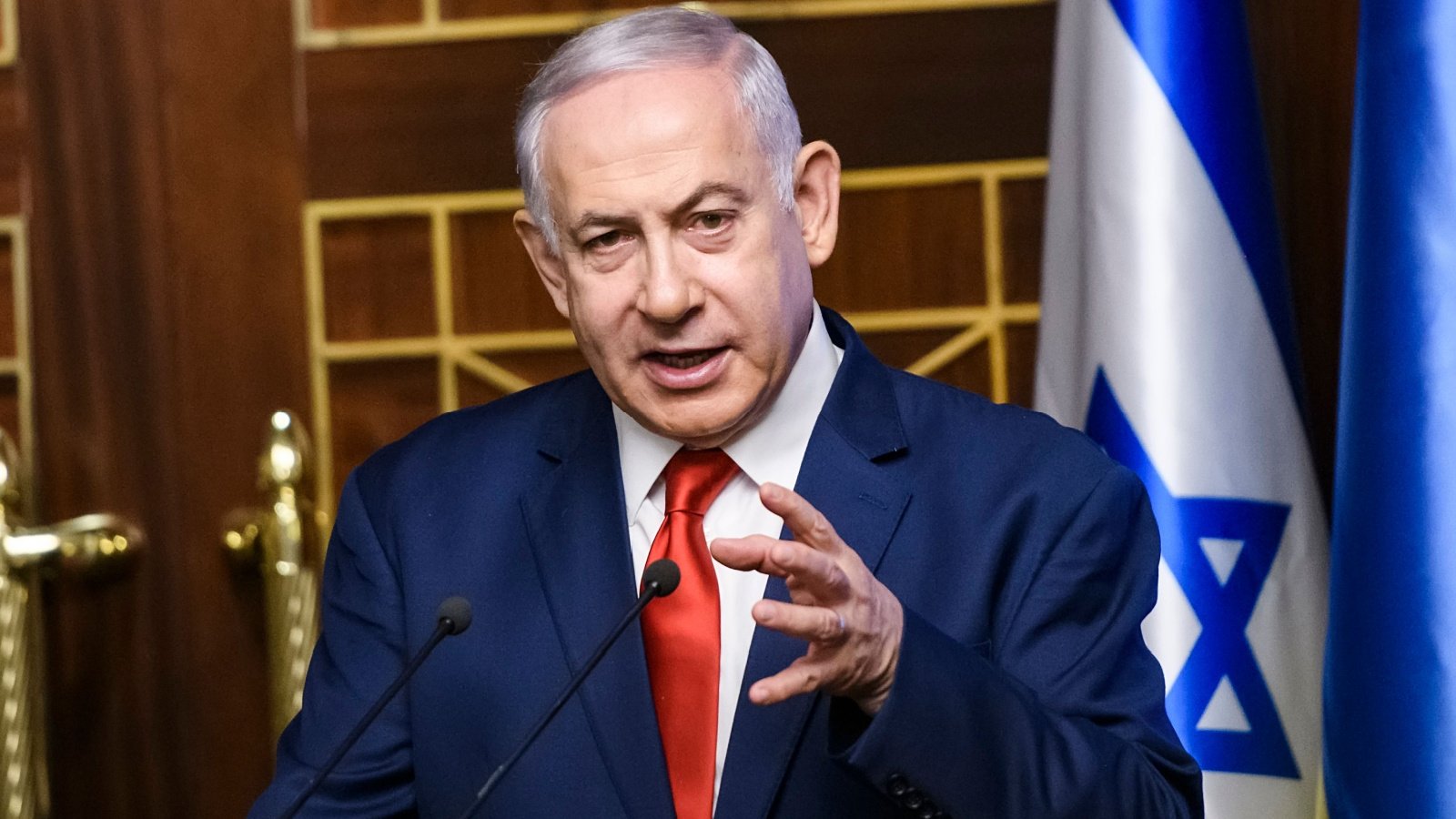The legacy of former President Donald Trump’s policies continues to spark discussion and, surprisingly, a degree of nostalgia among many Americans. Let’s explore the top Trump-era policies that, despite the controversy surrounding his presidency, many Americans miss.
Tax Cuts

The Tax Cuts and Jobs Act of 2017 significantly lowered the tax burden for a broad swath of American taxpayers. By doubling the standard deduction and increasing child tax credits, it provided noticeable relief to middle-class families. Critics point to the increasing deficit, but many Americans appreciated the extra money in their paychecks.
Energy Independence

Under Trump’s administration, the U.S. achieved energy independence, largely due to deregulation and support for oil and gas production. This policy led to lower domestic energy prices and less reliance on foreign oil. While environmental concerns were raised, the economic benefits were palpable for many consumers.
Criminal Justice Reform

The First Step Act signed into law in 2018, made significant reforms to the criminal justice system, including reducing mandatory minimum sentences for nonviolent drug offenses. This policy helped address the high incarceration rates and was widely praised across political lines.
Veterans Affairs Reform
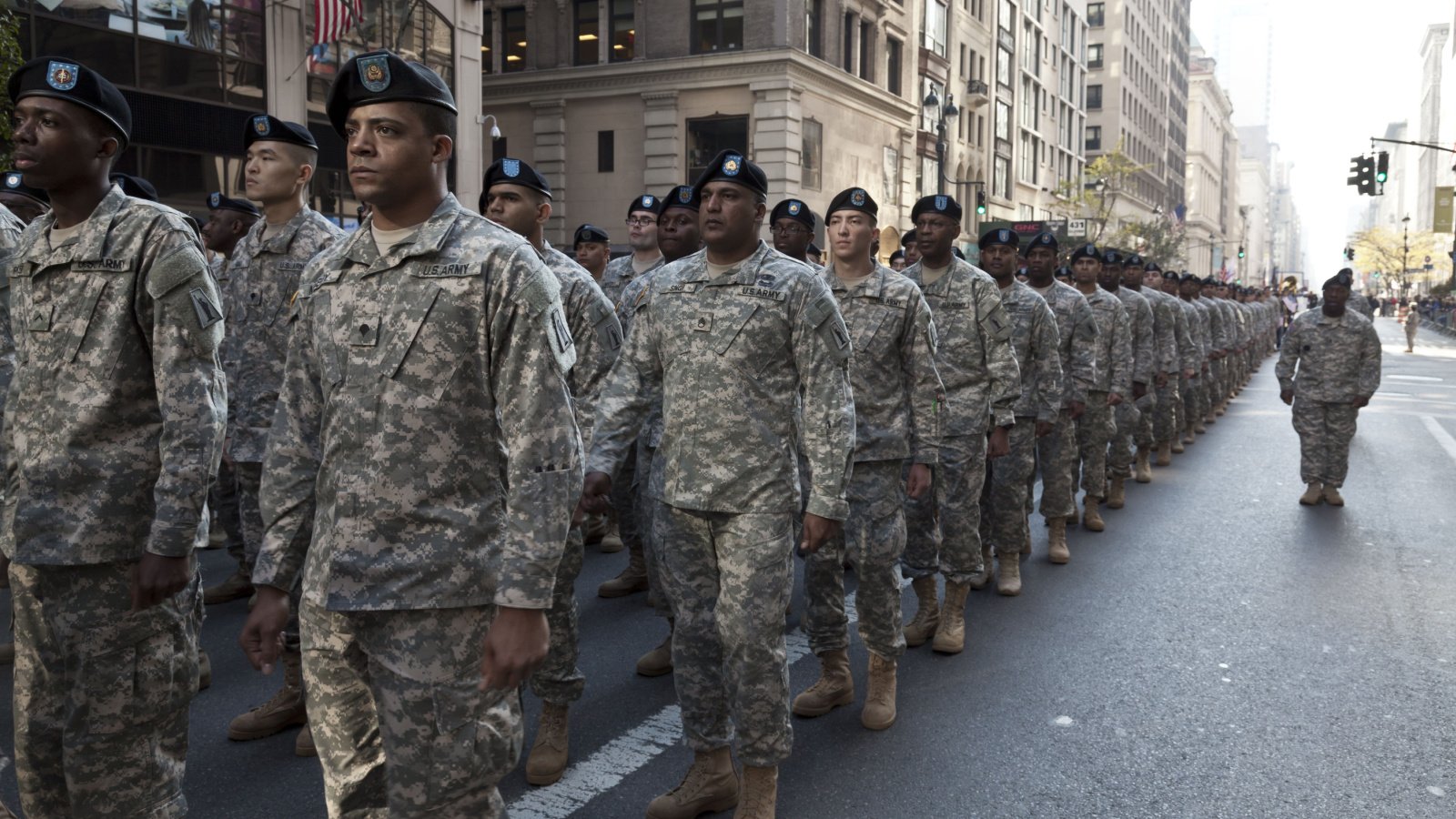
Trump’s administration pushed through the VA MISSION Act, which greatly improved the choice and quality of care for veterans. This legislation allowed veterans more freedom to choose their own healthcare providers and ensured timely service. It is seen as a substantial improvement in veterans’ healthcare.
Repeal of the Individual Mandate in Obamacare

By eliminating the individual mandate, a key provision of the Affordable Care Act, Trump fulfilled a core promise to his supporters who opposed the mandate. This repeal was celebrated by those who believe in less government interference in personal health decisions. It remains a significant aspect of his health policy legacy.
Trade Policies and Tariffs

Trump’s aggressive trade policies and tariffs on China were intended to support American manufacturing and penalize unfair trade practices. Despite criticism regarding short-term economic impacts, these actions received support from industries affected by outsourcing.
Regulatory Rollbacks
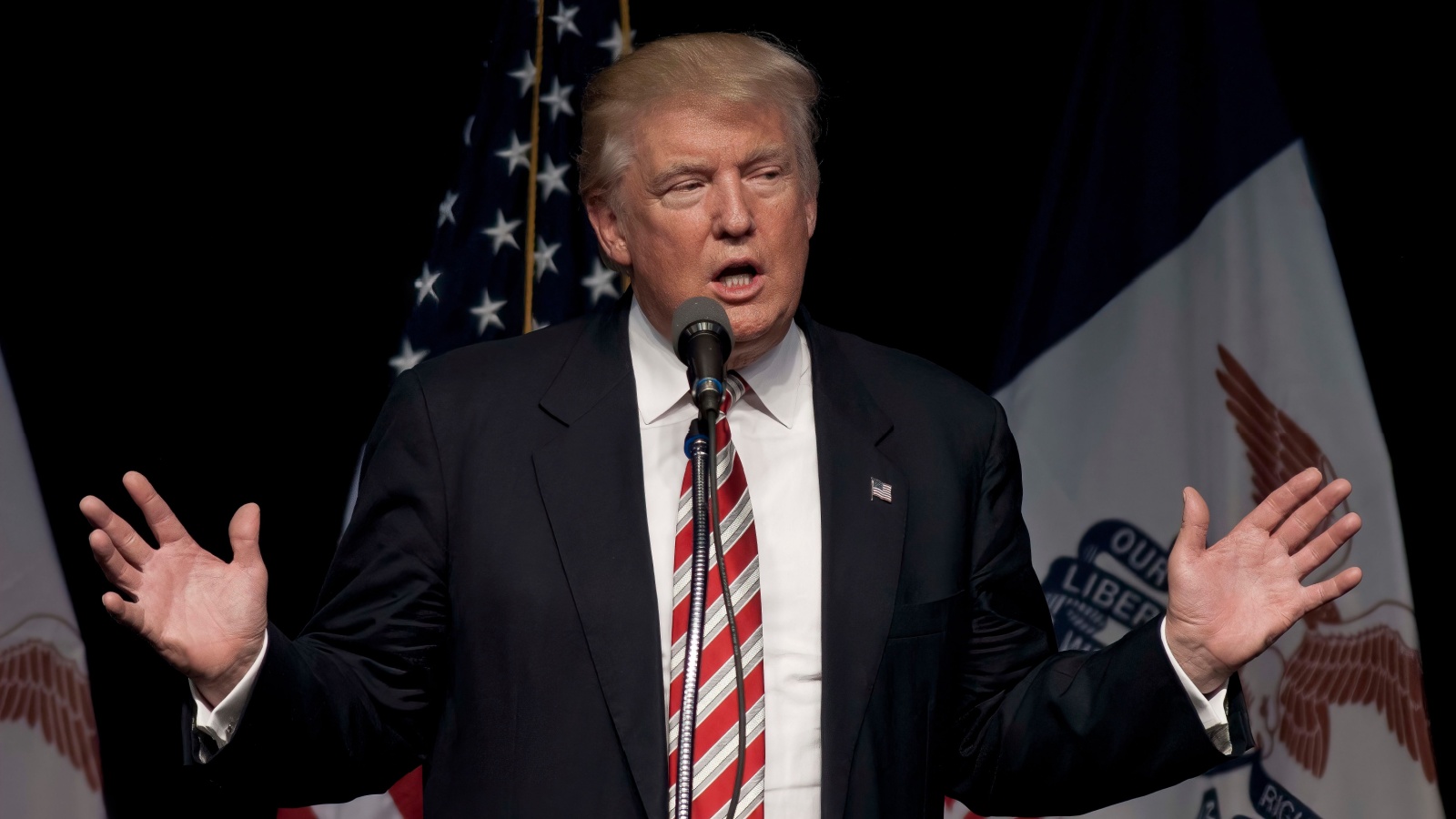
A wide array of federal regulations were cut during Trump’s presidency, which many businesses credited for reducing bureaucratic red tape and fostering economic growth. These deregulatory actions were especially celebrated in industries like energy and manufacturing.
Increased Military Spending

The Trump administration significantly increased the budget for the Department of Defense, arguing that a stronger military would better protect America from foreign threats. This boost in spending was supported by those who feel that national security is paramount. It resulted in updated equipment and better pay for military personnel.
North American Free Trade Agreement Renegotiation

Trump renegotiated NAFTA, resulting in the United States-Mexico-Canada Agreement (USMCA), which included significant changes to benefit American workers. By adjusting the terms of trade among these nations, the USMCA aimed to bring more jobs and better wages to the U.S.
Focus on American-Made Products

The “Buy American, Hire American” executive order aimed to bolster U.S. manufacturing and reduce dependence on imported goods. This policy resonated with those who prioritize domestic job creation and economic self-sufficiency. It is often lauded by supporters of a strong national economy.
NATO Allies Encouraged to Increase Spending
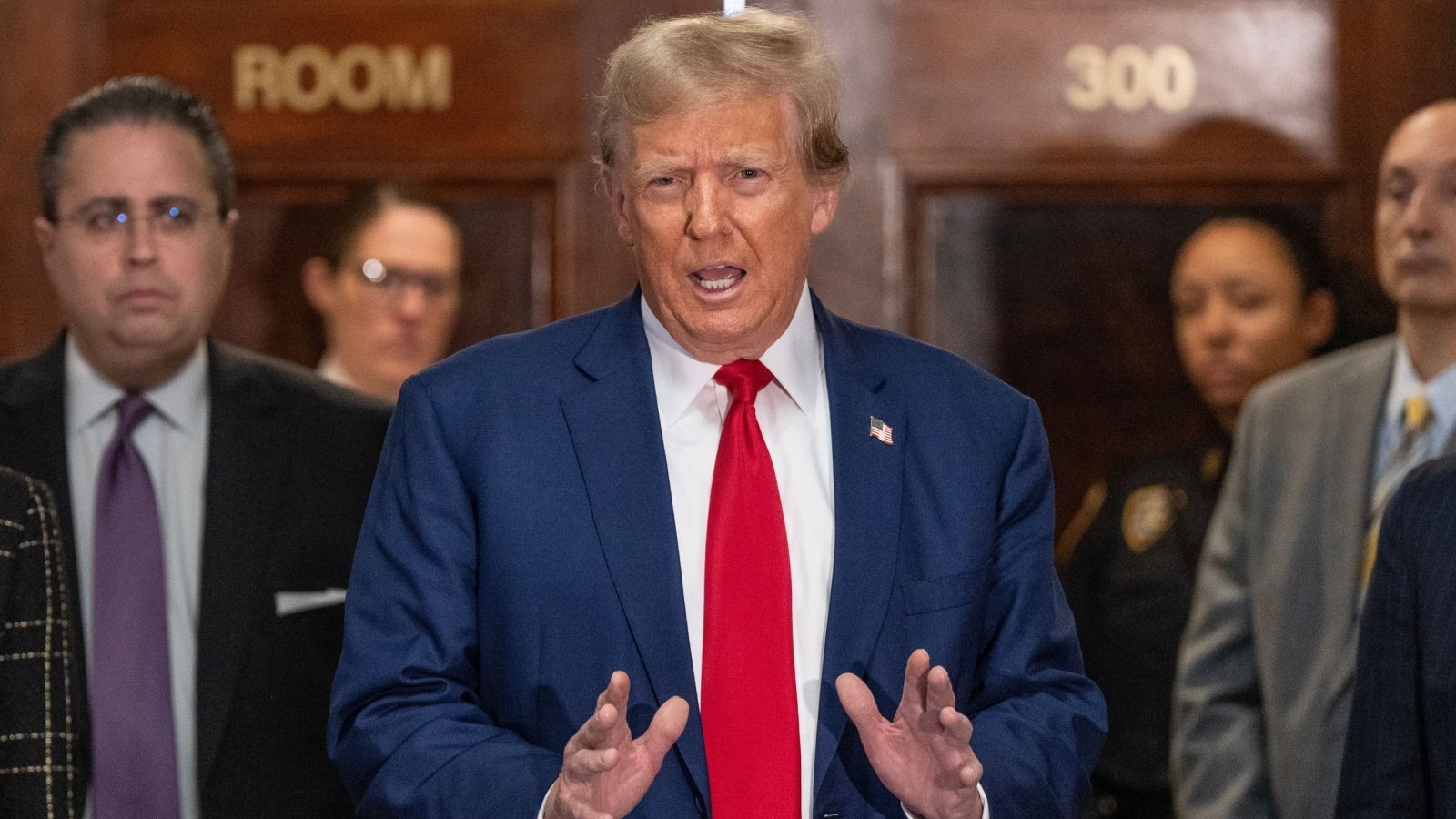
Trump frequently criticized NATO allies for not contributing enough to their own defense, insisting that they meet their agreed-upon financial commitments. This pressure resulted in increased defense spending by NATO countries, which some Americans see as a fairer distribution of the burden.
Space Force Establishment

The establishment of the U.S. Space Force as a new branch of the military was one of the more visionary policies of the Trump administration. Aimed at securing and extending American dominance in space, this move was applauded by those concerned with national security. It represents a significant commitment to innovation and defense.
Border Security Enhancements
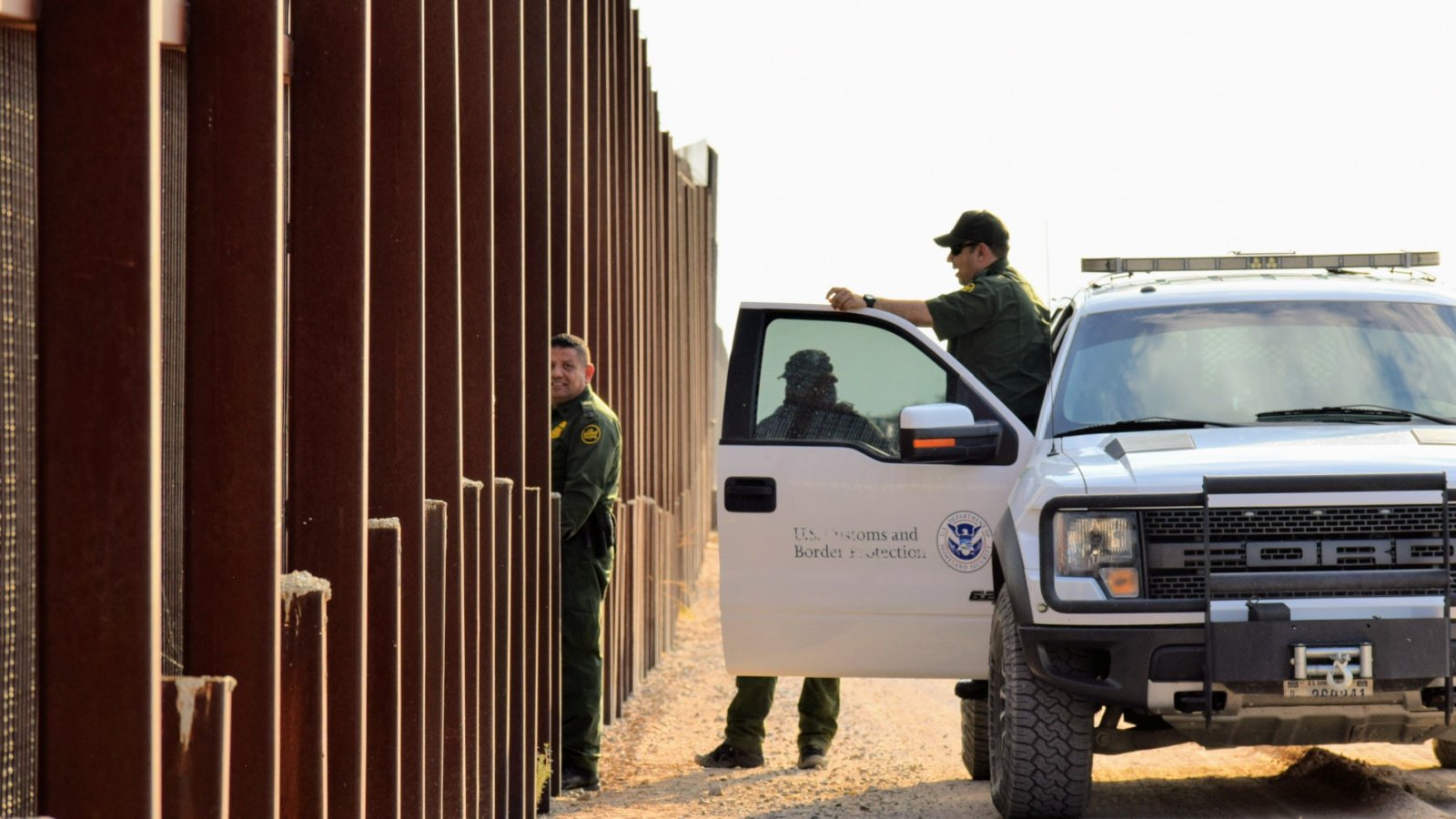
The Trump administration’s focus on strengthening border security resonated with a significant portion of the American populace. The construction of new barriers and stricter immigration enforcement were controversial but supported by those who felt it necessary for national security. Many Americans credit these policies with reducing illegal crossings.
Recognition of Jerusalem as Israel’s Capital

Trump’s decision to formally recognize Jerusalem as the capital of Israel and move the U.S. embassy there from Tel Aviv was a historic shift in American foreign policy. This move delighted many in the pro-Israel community and reshaped diplomatic relations in the Middle East. It remains a point of pride for many supporters.
Historic Tax Credit Enhancements
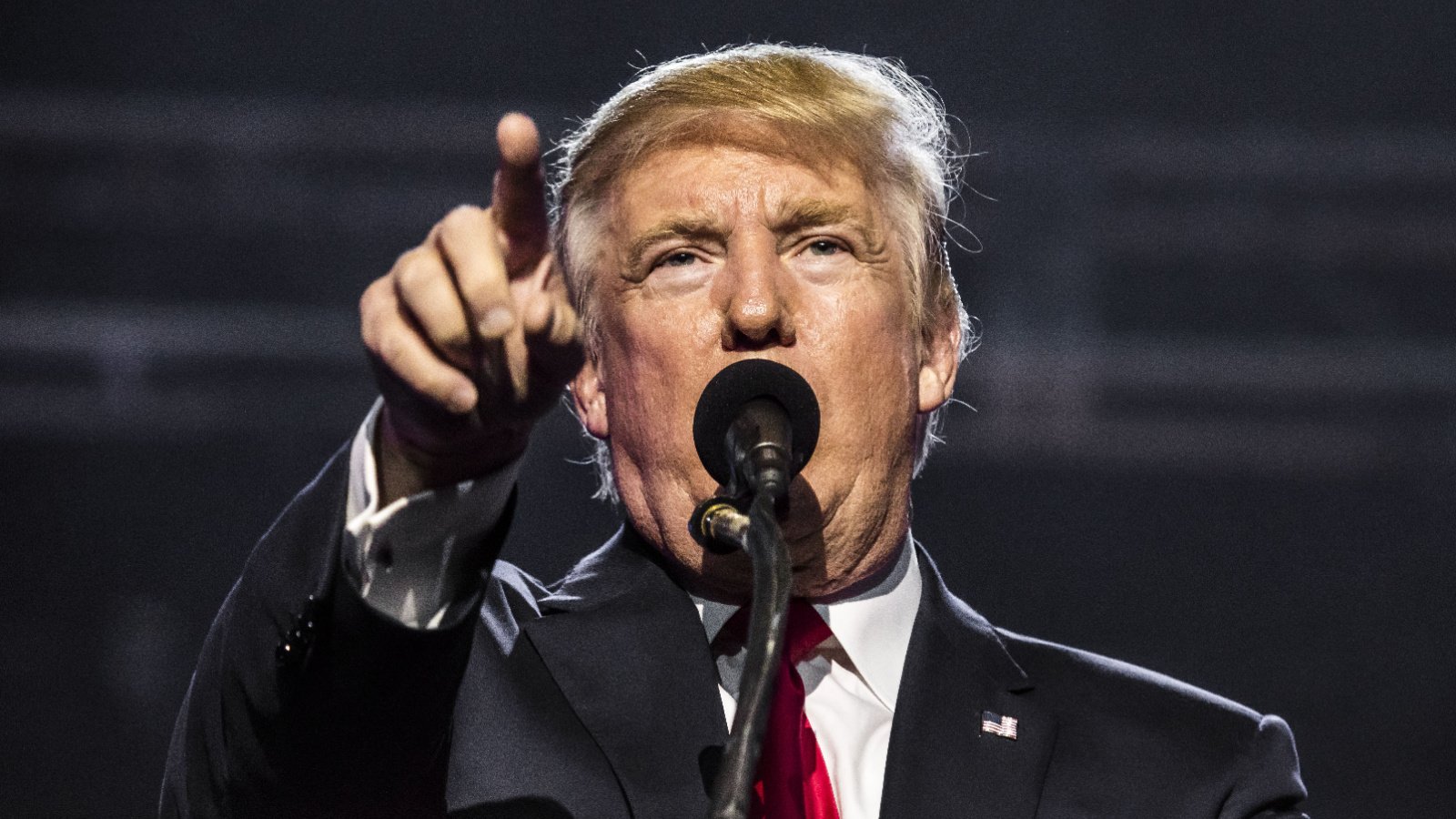
Under Trump’s tax reform, the Historic Tax Credit, which incentivizes the preservation and rehabilitation of historic buildings, was retained and enhanced. This support for historic preservation is appreciated by community developers and conservationists. It helps maintain the architectural legacy and supports local economies.
Bump Stock Ban
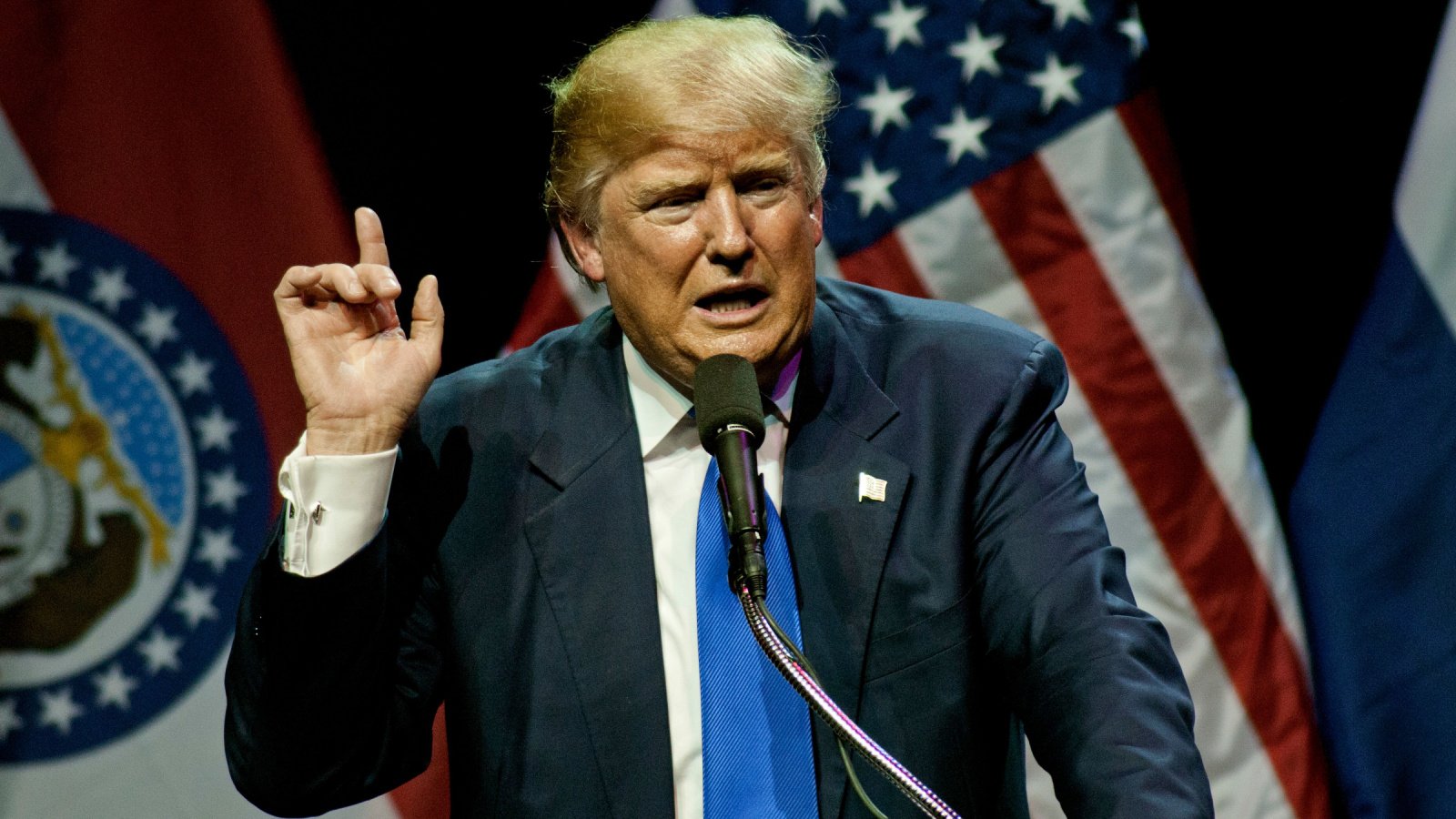
In response to the Las Vegas shooting in 2017, Trump moved to ban bump stocks, devices that allow semi-automatic weapons to fire more rapidly. This action, which tightened gun control measures, was one of his more surprising moves, given his generally pro-gun stance. It was supported by both safety advocates and some gun owners.
Restrictions on Travel from Certain Countries

Known colloquially as the “travel ban,” this controversial policy targeted travelers from several predominantly Muslim countries. It was intended to enhance national security by preventing potential terrorists from entering the U.S. While divisive, it was supported by those who prioritize strict immigration controls.
Elimination of the Diversity Visa Lottery

Trump sought to eliminate the diversity visa lottery, which grants U.S. visas to individuals from countries with historically low rates of immigration to the United States. This move was part of a broader push for a merit-based immigration system. Supporters of this policy argue that it would lead to a more controlled and skill-based immigration system.
Judicial Appointments

Trump’s appointment of three Supreme Court justices significantly shifted the ideological balance of the court. These appointments have lasting impacts on American law and are particularly appreciated by conservatives for their potential long-term legal philosophies. The reshaped court is often cited as a major legacy.
Withdrawal from the Paris Climate Agreement

Arguing that the Paris Agreement disadvantaged the U.S. economically, Trump withdrew from the pact in 2017. His stance was that it imposed unfair environmental standards on American businesses. While controversial, this policy was supported by those who prioritize economic growth over environmental commitments.
Operation Warp Speed

This initiative was launched to accelerate the development, manufacturing, and distribution of COVID-19 vaccines. It is credited with significantly speeding up the availability of vaccines in the face of the global pandemic. Many Americans appreciate this proactive approach to a once-in-a-century health crisis.



